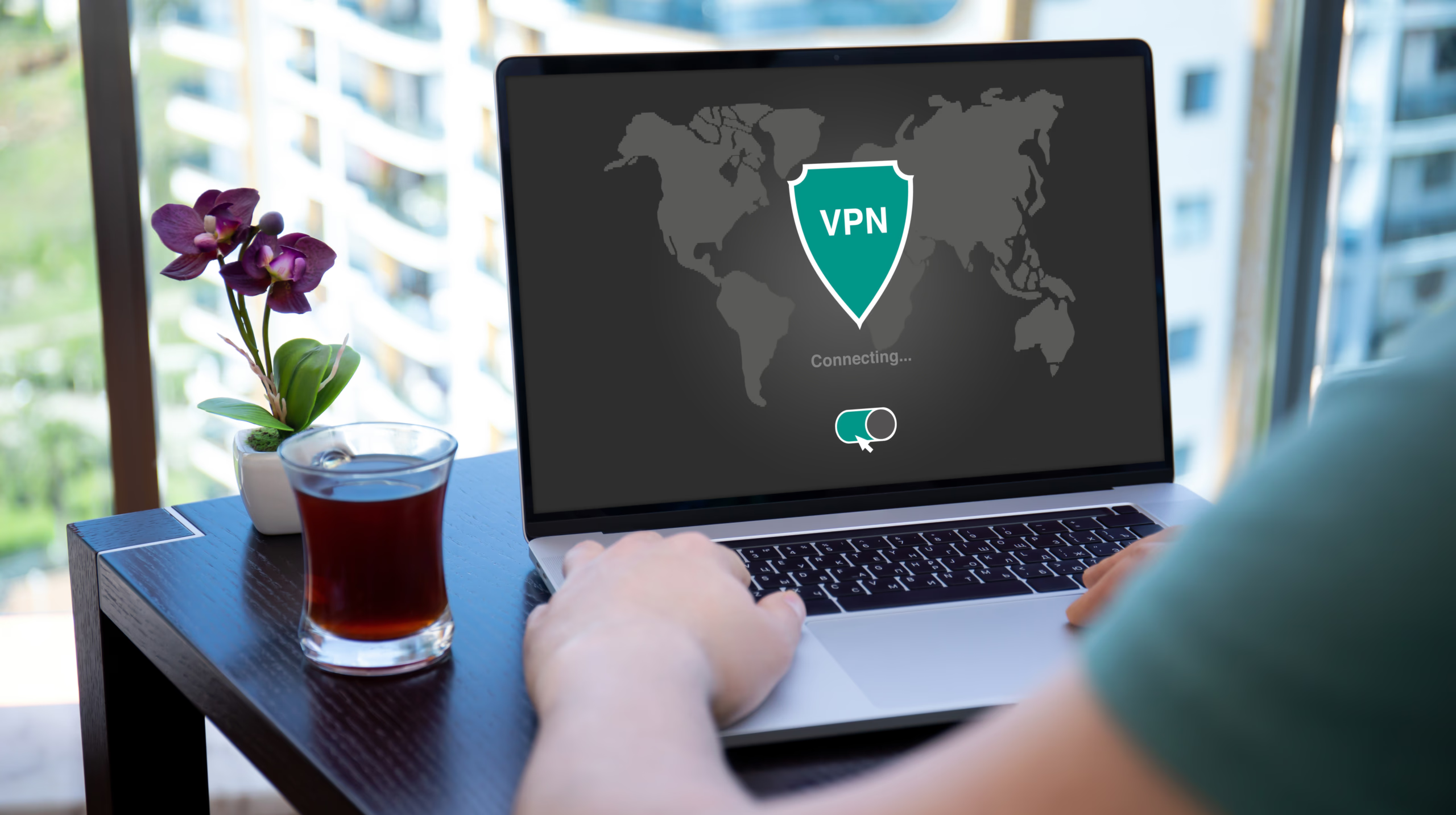In 2025, digital privacy has never been more at risk—or more important. With global surveillance programs expanding, corporate data collection reaching unprecedented levels, and cyberattacks becoming more sophisticated, the need to shield your online activity has become a daily reality rather than a niche concern.
Virtual Private Networks (VPNs) have emerged as a key tool in the privacy-conscious user’s arsenal. But not all VPNs are created equal. Many providers claim to offer “no logs” and “military-grade encryption,” but few deliver on the promises when it truly matters. In this guide, we’ll help you cut through the noise and highlight the VPNs that genuinely prioritize your privacy—backed by evidence, transparency, and real-world performance.
Whether you’re a journalist, political dissident, privacy advocate, or just someone who’s tired of being tracked online, this list is tailored to help you find the most trustworthy VPNs in 2025.
Top Picks: Best VPNs for Privacy in 2025
Mullvad VPN
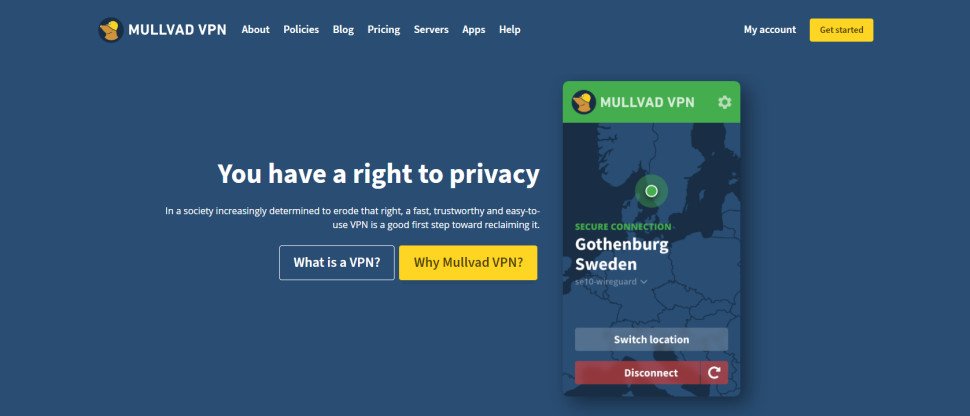
Why It’s Great for Privacy
Mullvad is often considered the gold standard in privacy-first VPNs. Based in Sweden and operated by a small, transparency-focused team, Mullvad does away with traditional account creation entirely—you don’t even need an email address to sign up. It accepts anonymous payments like cash and cryptocurrency and has a long-standing reputation in the privacy community.
Key Features
- No-Logs: Strict, proven no-logs policy
- Jurisdiction: Sweden (not part of 5 Eyes, though with some data-sharing concerns)
- Encryption: AES-256 and ChaCha20 via WireGuard and OpenVPN
- Privacy Tools: MultiHop (Double VPN), Port forwarding, Bridge mode
- Anonymous Sign-up: No email required—only a randomly generated account number
Pros & Cons
Pros:
- No personal info required
- Consistently audited
- Open-source apps
- Accepts cash payments
Cons:
- Interface is minimalistic (not feature-rich for casual users)
- Fewer server locations compared to mainstream providers
Pricing
- €5/month flat rate — no discounts or upselling
Best For: Privacy purists, journalists, and tech-savvy users
Independent Audit Status
- Multiple third-party audits conducted and published (most recently in 2023)
Privacy Policy Transparency
- Clearly written, transparent, and backed by technical design
Proton VPN
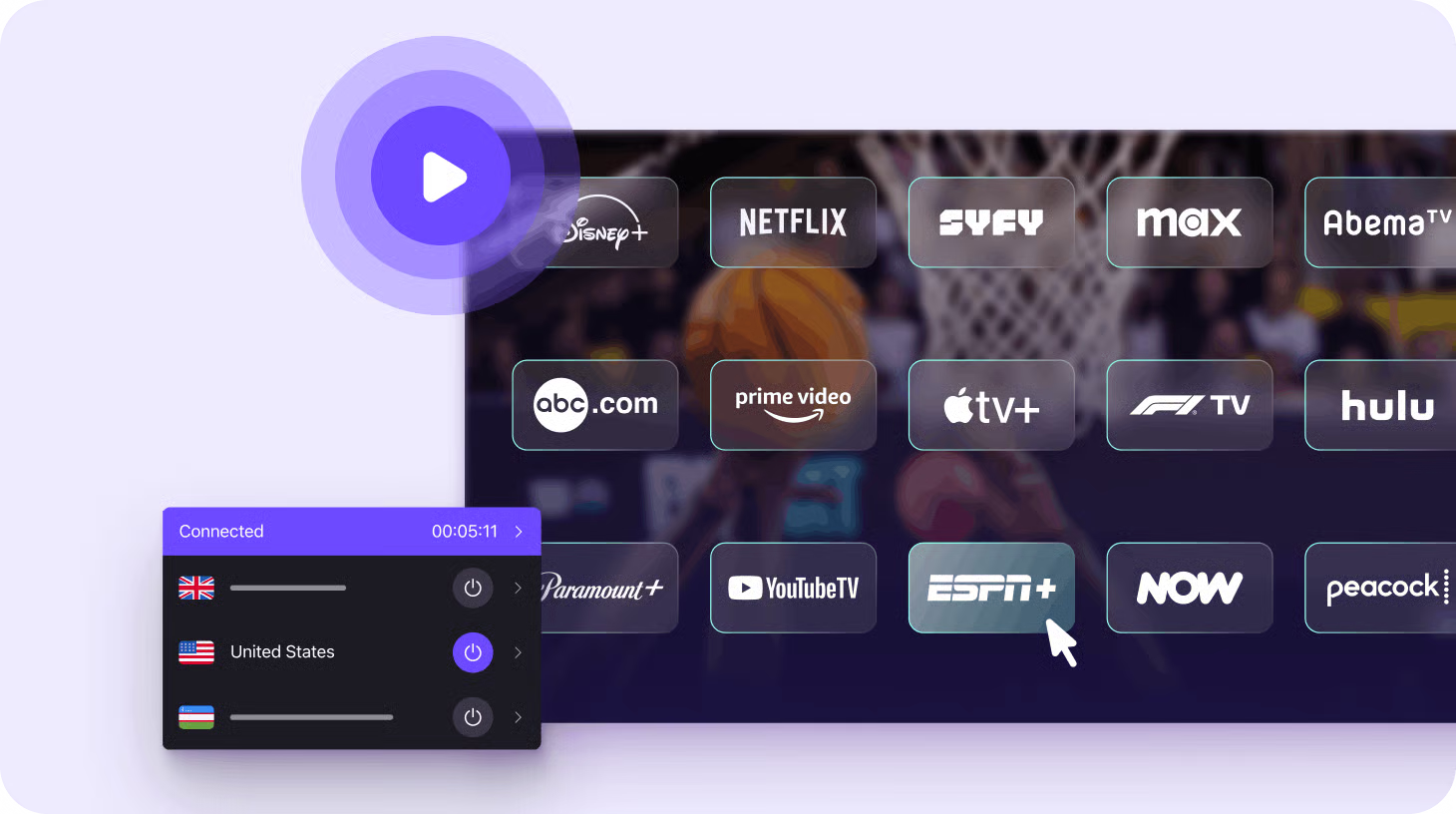
Why It’s Great for Privacy
Developed by the same team behind ProtonMail, Proton VPN is built on a foundation of security and privacy. Based in Switzerland—known for strong privacy laws—it offers a combination of user-friendly design and deep technical protections, including Secure Core (MultiHop) and open-source apps across all platforms.
Key Features
- No-Logs: Independently audited no-logs policy
- Jurisdiction: Switzerland (strong data protection laws)
- Encryption: AES-256 with OpenVPN/IKEv2; WireGuard support
- Privacy Tools: Secure Core (routes through hardened servers), NetShield, Tor over VPN
Pros & Cons
Pros:
- Open-source apps with regular audits
- Strong jurisdiction
- Secure Core servers for extra anonymity
- Free tier with limited servers (useful for testing)
Cons:
- Premium plans can be expensive
- Secure Core reduces speed slightly
Pricing
- Free plan available
- Paid plans start at $4.99/month (Basic) to $9.99/month (Unlimited)
Best For: Users wanting a balance between privacy and usability
Independent Audit Status
- Apps and infrastructure regularly audited by third parties (last full audit in late 2023)
Privacy Policy Transparency
- Detailed and easy to understand; explains how no logs are technically enforced
IVPN
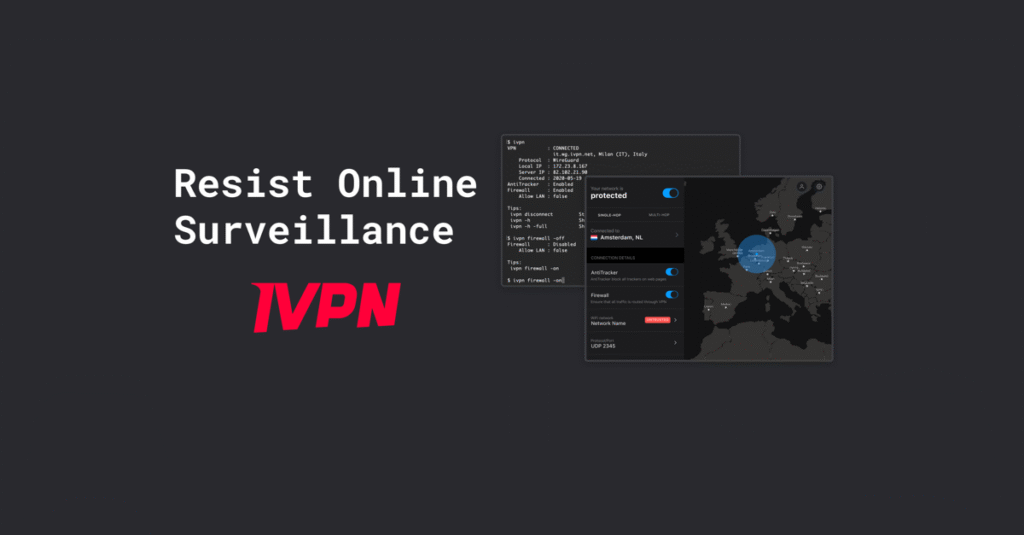
Why It’s Great for Privacy
IVPN may not have the brand recognition of some competitors, but it’s a favorite among security experts. Headquartered in Gibraltar, IVPN goes the extra mile in transparency—publishing warrant canaries, transparency reports, and internal security practices. It offers anonymous account creation and doesn’t even use email for identification.
Key Features
- No-Logs: Verified no-logs policy
- Jurisdiction: Gibraltar (not part of 14 Eyes, but legally distinct from the UK)
- Encryption: AES-256 and ChaCha20 (WireGuard & OpenVPN)
- Privacy Tools: MultiHop, Anti-tracker, Anonymous accounts, RAM-only servers
Pros & Cons
Pros:
- Transparent business practices
- Anonymous sign-up (no email)
- Regular transparency reporting
- Simple, privacy-centered design
Cons:
- Smaller server network
- Slightly pricier than some competitors
Pricing
- Starts at $6/month (Standard plan); $10/month for Pro (includes MultiHop and tracker blocking)
Best For: Privacy-conscious users who value transparency over flashy features
Independent Audit Status
- Security audit by Cure53 completed and published in 2023
Privacy Policy Transparency
- Extremely thorough and easy to verify; no vague or misleading language
ExpressVPN
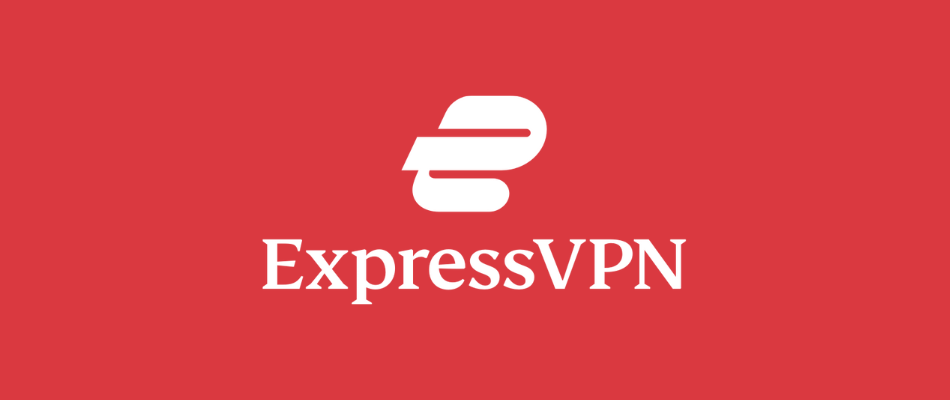
Why It’s Great for Privacy
ExpressVPN is a long-standing player in the VPN space, with a solid reputation for speed and security. Despite being a more mainstream option, it has continually invested in privacy-enhancing infrastructure, including RAM-only servers, independent audits, and a no-logs policy that has been tested in real-world legal cases.
Key Features
- No-Logs: Proven no-logs policy (validated in legal investigations)
- Jurisdiction: British Virgin Islands (privacy-friendly and not part of 5/9/14 Eyes)
- Encryption: AES-256 with Lightway, OpenVPN, and IKEv2 support
- Privacy Tools: TrustedServer technology (RAM-only), kill switch, split tunneling
Pros & Cons
Pros:
- Fast and stable connections
- TrustedServer RAM-only infrastructure
- No-logs policy tested by law enforcement
- Regular third-party audits
Cons:
- Higher cost than average
- Owned by Kape Technologies (a concern for some privacy purists)
Pricing
- Starts at $8.32/month (with annual plan)
Best For: Users who want a blend of strong privacy and top-tier performance
Independent Audit Status
- Regularly audited, most recently by Cure53 and PwC
Privacy Policy Transparency
- Clearly detailed, with solid technical backing
Surfshark
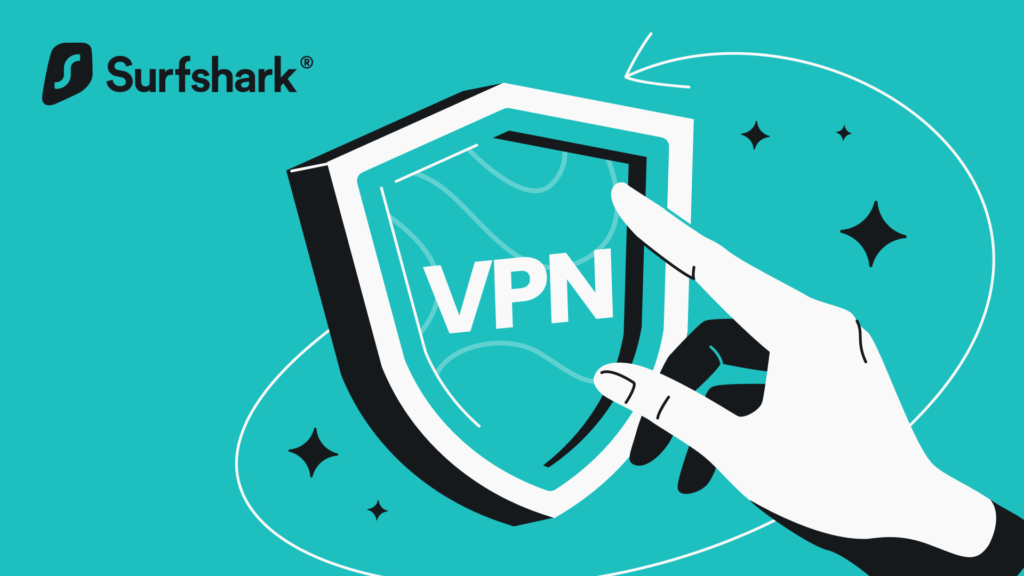
Why It’s Great for Privacy
Surfshark is a rapidly rising VPN provider that has invested heavily in security features while keeping pricing accessible. It’s one of the few affordable VPNs that still includes advanced privacy options like MultiHop, CleanWeb (ad/tracker blocking), and RAM-only servers—all with no device limits.
Key Features
- No-Logs: Independently audited no-logs policy
- Jurisdiction: Netherlands (part of 14 Eyes, but strong data protection laws)
- Encryption: AES-256-GCM with WireGuard and OpenVPN
- Privacy Tools: MultiHop, CleanWeb, GPS spoofing (Android), Dynamic DNS blocking
Pros & Cons
Pros:
- RAM-only servers
- Unlimited device connections
- Affordable long-term pricing
- Ad/tracker/malware blocker included
Cons:
- Based in a 14 Eyes country
- Owned by same parent company as ExpressVPN (Kape Technologies)
Pricing
- Starts at $2.49/month (with 2-year plan)
Best For: Budget-conscious users who want advanced features
Independent Audit Status
- Passed security audits for server infrastructure and no-logs policy (2023)
Privacy Policy Transparency
- Well-written, though some ambiguity due to corporate ownership
Mozilla VPN
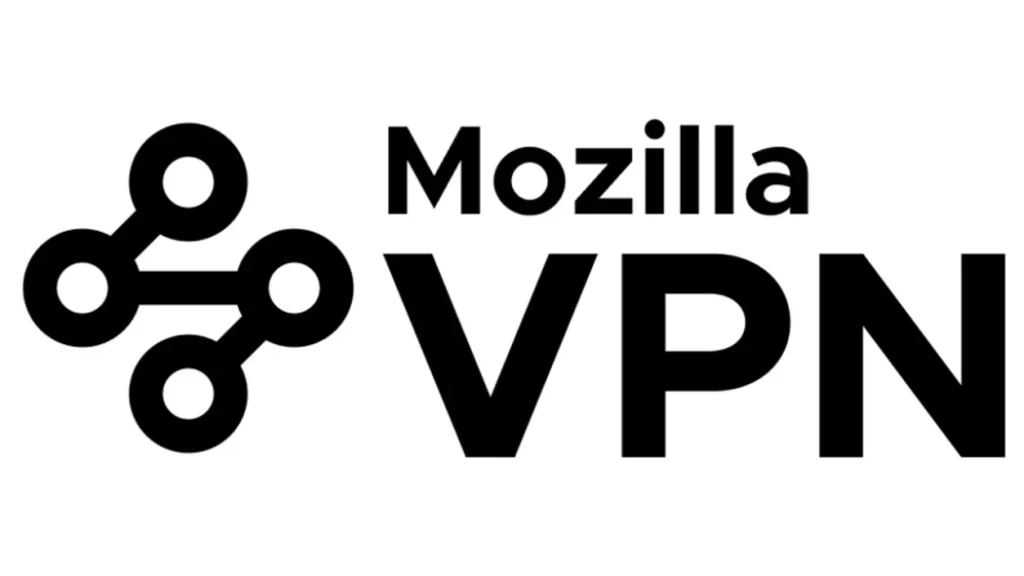
Why It’s Great for Privacy
Backed by the nonprofit Mozilla Foundation, Mozilla VPN is unique in that it’s operated with privacy ethics at the core. It uses the trusted Mullvad network under the hood, meaning it inherits all of Mullvad’s security infrastructure while offering a Mozilla-branded front end.
Key Features
- No-Logs: Inherits Mullvad’s no-logs policy
- Jurisdiction: United States (not ideal), but no sensitive data collected
- Encryption: WireGuard-based tunneling
- Privacy Tools: Same backend as Mullvad (limited features via Mozilla’s app)
Pros & Cons
Pros:
- Backed by a privacy-respecting nonprofit
- Easy to use
- Powered by Mullvad’s infrastructure
Cons:
- No advanced features (no MultiHop, etc.)
- US jurisdiction may concern some users
- Fewer customization options than Mullvad
Pricing
- $4.99/month flat rate
Best For: Users who want simplicity and trust Mozilla’s mission
Independent Audit Status
- Mozilla apps and services have been audited; relies on Mullvad’s audited backend
Privacy Policy Transparency
- Exceptionally clear and backed by Mozilla’s longstanding privacy principles
Windscribe
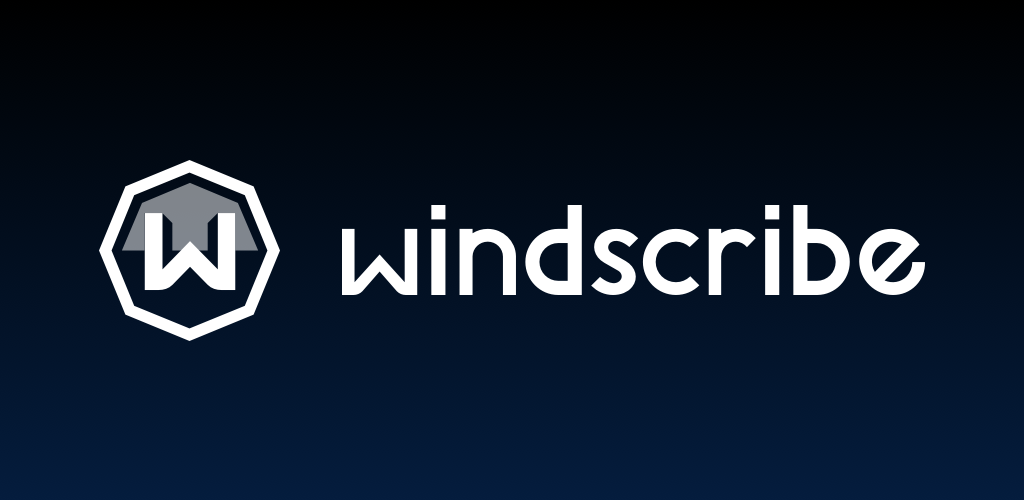
Why It’s Great for Privacy
Windscribe combines strong privacy fundamentals with a generous free plan and a highly customizable paid tier. It offers advanced privacy features like R.O.B.E.R.T. (a powerful tracker and malware blocker), MultiHop, and even the ability to build a custom subscription. While not as transparent as Mullvad or IVPN, it has made positive steps toward greater openness.
Key Features
- No-Logs: Minimal connection logs (not activity logs); under review for audit
- Jurisdiction: Canada (5 Eyes, but hasn’t compromised user data in past incidents)
- Encryption: AES-256 with OpenVPN, IKEv2, WireGuard
- Privacy Tools: R.O.B.E.R.T., MultiHop, Time Zone and User-Agent spoofing (desktop)
Pros & Cons
Pros:
- Excellent free plan (up to 10GB/month)
- Rich feature set for power users
- Strong ad/tracker blocking tools
- Custom pricing options
Cons:
- Based in a 5 Eyes country
- Still waiting on a full independent audit
Pricing
- Free plan available
- Paid plans from $5.75/month (custom) or $9/month (Pro)
Best For: Power users and tech-savvy individuals who want control and flexibility
Independent Audit Status
- Announced plans for audits but not yet completed (as of early 2025)
Privacy Policy Transparency
- Reasonably clear, with ongoing improvements
Comparison Table: Best VPNs for Privacy in 2025
| VPN | No-Logs Policy | Jurisdiction | Encryption & Protocols | Independent Audit | RAM-Only Servers | Price (Monthly) |
|---|---|---|---|---|---|---|
| Mullvad | ✅ Strict & anonymous | Sweden | AES-256, WireGuard, OpenVPN | ✅ Yes | ✅ Yes | €5 (flat rate) |
| Proton VPN | ✅ Audited | Switzerland | AES-256, WireGuard, OpenVPN | ✅ Yes | ❌ No | $4.99–$9.99 |
| IVPN | ✅ Anonymous & audited | Gibraltar | AES-256, WireGuard, OpenVPN | ✅ Yes | ✅ Yes | $6–$10 |
| ExpressVPN | ✅ Proven in court | British Virgin Islands | AES-256, Lightway, OpenVPN | ✅ Yes | ✅ Yes | $8.32 |
| Surfshark | ✅ Audited | Netherlands (14 Eyes) | AES-256, WireGuard, OpenVPN | ✅ Yes | ✅ Yes | $2.49 |
| Mozilla VPN | ✅ Via Mullvad | United States (but no sensitive data stored) | WireGuard only | ✅ Yes (via Mullvad) | ✅ Yes (via Mullvad) | $4.99 |
| Windscribe | ✅ Minimal logs | Canada (5 Eyes) | AES-256, WireGuard, OpenVPN | ❌ Not yet | ❌ No | $0–$9 |
Honorable Mentions
These VPNs didn’t quite make our top 7 but are still strong contenders, especially for users with specific needs or use cases:
TunnelBear

- Why Mentioned: Exceptionally user-friendly, audited annually, and ideal for beginners.
- Why Not Ranked: Based in Canada (5 Eyes) and lacks advanced features like MultiHop or RAM-only servers.
Perfect Privacy

- Why Mentioned: Known for advanced privacy tools like NeuroRouting and MultiHop chains.
- Why Not Ranked: Expensive, with a dated interface and slower speeds.
AirVPN

- Why Mentioned: Highly customizable, open-source, and operated by privacy advocates.
- Why Not Ranked: Steep learning curve and not suitable for average users.
BolehVPN
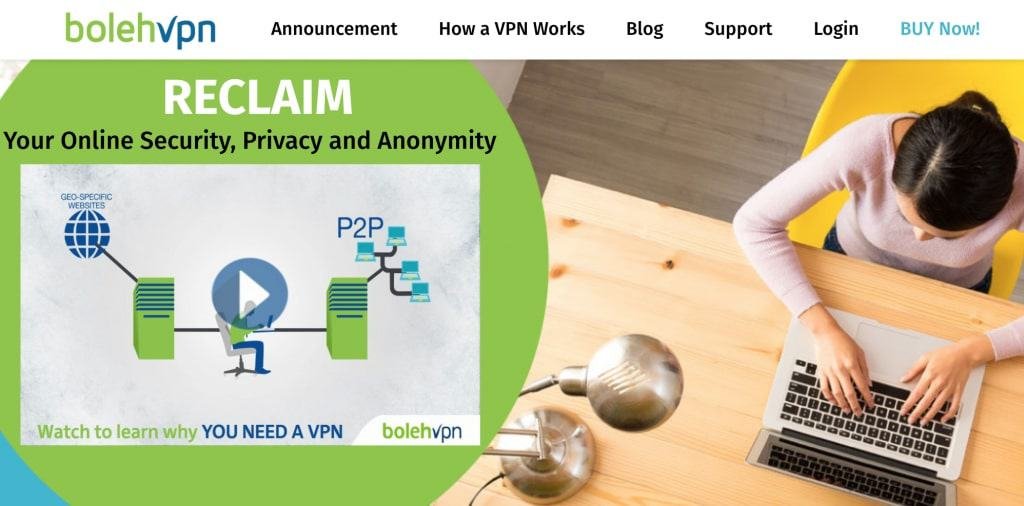
- Why Mentioned: Veteran VPN with good transparency and niche appeal.
- Why Not Ranked: Small network, limited platform support, and lacks regular audits.
These honorable mentions may still be worth considering, especially if your needs align with their specific strengths.
What Makes a VPN Truly Private?
Privacy isn’t just about masking your IP address. A genuinely private VPN takes a multi-layered approach to protect your data at every step. Here’s what to look for:
1. Strict No-Logs Policy
The cornerstone of any privacy-first VPN is a strict no-logs policy. This means the VPN provider does not store records of your online activity, IP addresses, connection timestamps, or any metadata that could be used to identify you. The best VPNs not only claim to follow this policy—but have had it independently verified through third-party audits or legal cases.
2. Privacy-Friendly Jurisdiction
Where a VPN is headquartered matters more than most people realize. Countries within the 5/9/14 Eyes intelligence-sharing alliances (like the US, UK, or Australia) can compel companies to hand over user data. Top privacy VPNs are typically based in neutral jurisdictions with strong privacy laws—such as Panama, Switzerland, or the British Virgin Islands—where government surveillance is less aggressive and legal protections are stronger.
3. Strong Encryption and Modern Protocols
A private VPN uses the highest available encryption standards—namely AES-256 or ChaCha20—and supports secure tunneling protocols such as WireGuard, OpenVPN, or IKEv2/IPSec. These protocols are open-source, battle-tested, and offer a good balance of speed and security.
4. Kill Switch & DNS Leak Protection
Even the best VPN can momentarily drop its connection. A kill switch ensures your device is instantly disconnected from the internet if the VPN tunnel breaks, preventing accidental IP leaks. DNS leak protection prevents your DNS requests from being routed through your ISP instead of the encrypted tunnel—another must-have feature for true privacy.
5. Independent Security Audits
Privacy claims mean little without verification. Reputable VPNs undergo regular third-party audits by independent cybersecurity firms. These audits assess logging policies, infrastructure security, and the integrity of apps—ensuring the provider isn’t just talking the talk.
6. RAM-Only Servers
RAM-only (or diskless) servers operate without storing data on physical drives. Since all data is wiped upon reboot, this architecture drastically reduces the risk of data exposure from server seizures or intrusions—making it a powerful privacy safeguard.
7. Open Source Clients (When Possible)
Some of the most transparent VPN providers make their apps open-source, allowing independent developers to inspect the code for vulnerabilities or backdoors. While not mandatory for privacy, open-source clients signal a VPN provider’s commitment to transparency and community trust.
VPNs to Avoid (Even in 2025)
While many VPNs make bold claims, some fall short in critical areas—whether it’s logging user data, lacking transparency, or being tied to questionable parent companies. Here are a few you might want to steer clear of:
Hola VPN
- Why to Avoid: Operates a peer-to-peer system that routes traffic through other users’ devices.
- Privacy Risks: Logs user activity, sells bandwidth, and has a history of abuse.
2. TurboVPN / Snap VPN / Other “Free” Mobile VPNs
- Why to Avoid: Many of these apps, especially those with vague company details, collect data aggressively.
- Privacy Risks: Based in China or other restrictive jurisdictions with poor transparency and questionable data practices.
3. VPNs Owned by Data-Driven Corporations
- Examples: Betternet, TouchVPN (owned by Aura), and others tied to advertising networks.
- Privacy Risks: Use free access as a front for data collection and monetization.
4. Unverified “No-Log” VPNs
- Why to Avoid: Some providers advertise “no-logs” without undergoing any form of audit or legal testing.
- Privacy Risks: You’re taking their word for it—without verification, you have no guarantee.
Frequently Asked Questions (FAQ)
Q1: Do I need a VPN if I already use Incognito Mode or Tor?
A: Yes. Incognito mode only hides browsing activity from others using your device—it does not encrypt traffic or hide your IP. Tor is great for anonymity but can be slow and doesn’t protect non-browser apps. A privacy-respecting VPN covers your entire device and all internet activity.
Q2: Are free VPNs safe to use?
A: Most free VPNs come with trade-offs—either limited functionality, slow speeds, or questionable privacy practices. Proton VPN and Windscribe offer trustworthy free plans, but always read the fine print.
Q3: Can a VPN make me completely anonymous online?
A: No. A VPN improves privacy but doesn’t offer full anonymity. Websites can still track you via cookies, browser fingerprinting, and login activity. Combine a VPN with good privacy hygiene, a hardened browser, and tools like uBlock Origin and Privacy Badger.
Q4: Is using a VPN legal?
A: Yes, in most countries. However, VPNs are banned or restricted in countries like China, Russia, Iran, and North Korea. Always check local laws before use.
Q5: What protocol should I choose: WireGuard, OpenVPN, or IKEv2?
A: For most users, WireGuard is the best mix of speed and security. OpenVPN is the most tested and reliable. IKEv2 is fast but best used on mobile. Mullvad, Proton VPN, and IVPN all support WireGuard natively.
Final Verdict
In 2025, the difference between a trustworthy VPN and a marketing gimmick has never been more critical. With surveillance, data leaks, and digital exploitation on the rise, it’s no longer enough to just “have a VPN.” You need one that is built with privacy-first principles, backed by independent audits, and transparent in both practice and policy.
Here’s a quick recap of our top three:
- Mullvad: The most private VPN you can use—period.
- Proton VPN: A strong balance of usability and security under Swiss law.
- IVPN: Ideal for those who value transparency and simplicity without compromise.
Whether you’re browsing casually, communicating securely, or trying to stay off the grid entirely—these VPNs give you the foundation to do so with confidence.
⚠️ Remember: A VPN is just one layer in your digital privacy strategy. Pair it with secure habits, privacy-enhancing browser tools, and encrypted communications for full-spectrum protection.

